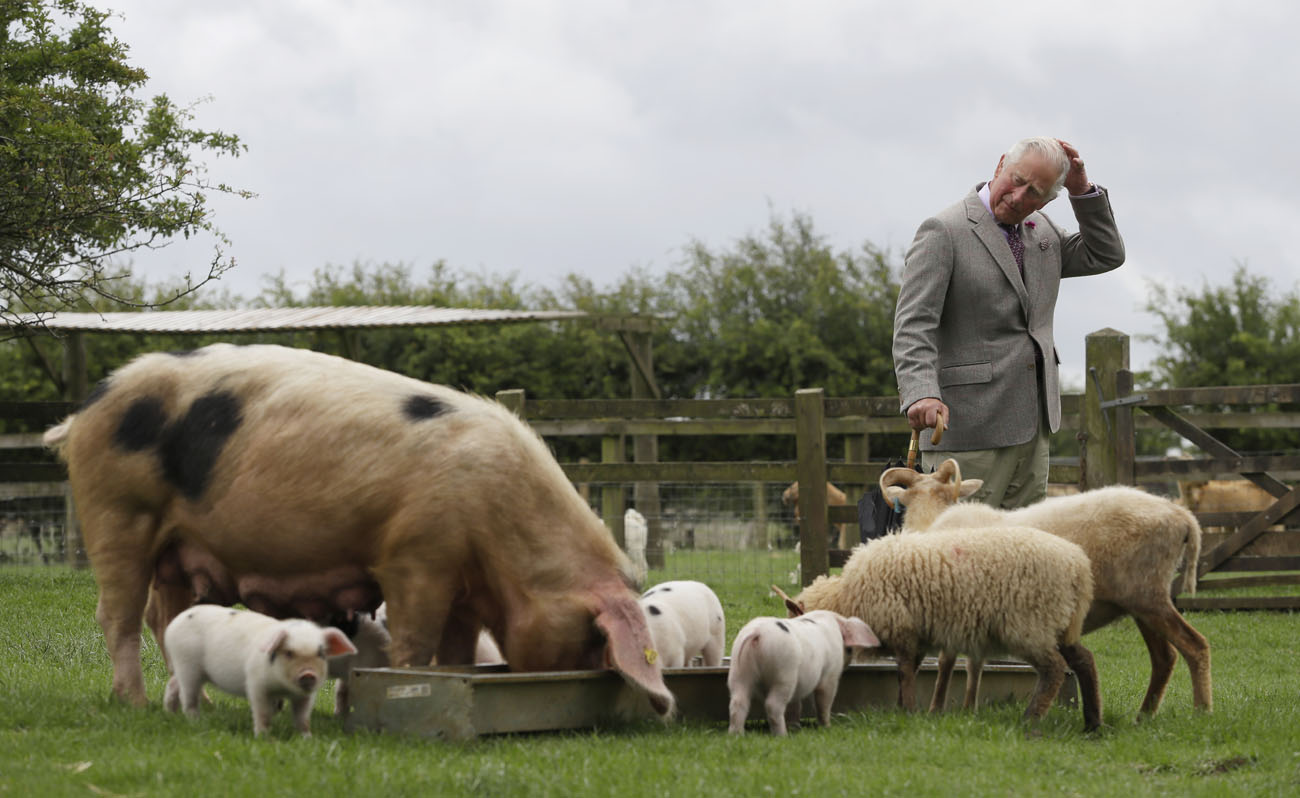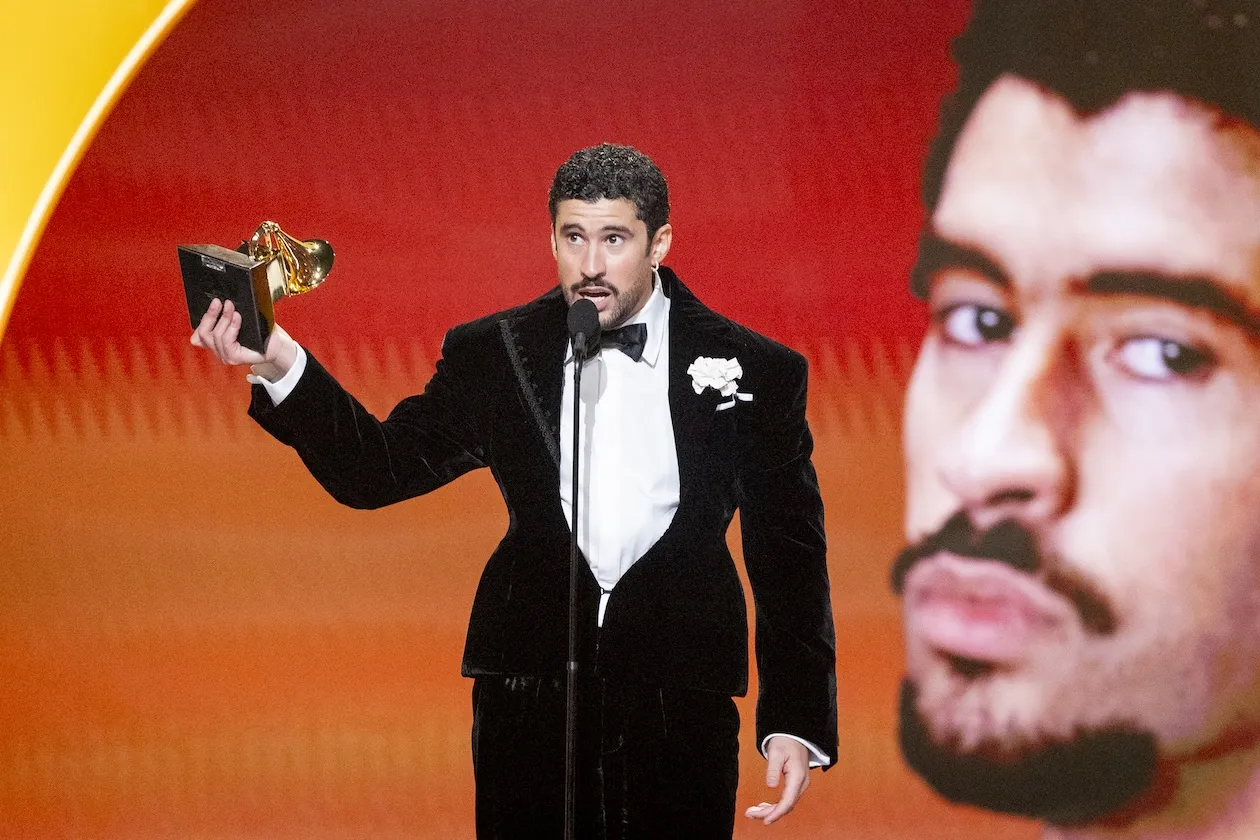Why Some Villagers in Romania Are Calling Prince Charles a ‘Curse’
Many people are probably aware that Prince Charles does a lot of charity work in his home country of England. However, Charles also goes abroad as well and tries to do meaningful work in other places, such as Romania.
Yet, Charles’ presence isn’t fully desired by everyone in Romania. In fact, some villagers are now calling Charles a “curse.”

Prince Charles has been visiting Transylvania since the 1990s
Charles first visited Romania in 1998 and has since fallen in love with the Transylvania region. He even boasts a bloodline relationship with Vlad the Impaler, the 15th century prince who inspired the story of Count Dracula.
Charles owns two guesthouses in Transylvania, and they are available for rent as holiday homes whenever Charles is not there.
Charles also does a lot of work in the Transylvanian village of Viscri. Viscri has about 500 people and is known for its fortified church, which is a UNESCO World Heritage Site. Charles has been visiting the village to promote the preservation of classic architecture and traditional farming techniques.
Viscri now attracts a lot of tourists because of Prince Charles
Thanks to Charles, Viscri is now seeing a huge increase in visitors. According to the BBC, Viscri has been attracting wealthy Romanians and foreign tourists. “It is also a desirable destination for entrepreneurs from Bucharest to open guesthouses and restaurants,” the BBC writes.
The news outlet noted that Viscri’s fortified church has seen an increase in visitors as well. In 2005, it sold 5,000 admission tickets, but that number increased to 15,000 in 2015 and 45,000 in 2019.
Prince Charles’ presence has been called a ‘blessing and a curse’
Although tourism can give an economy a much-needed boost, not everyone in Viscri is happy about the flock of tourists coming to their sleepy village because of Charles. For example, many locals seem to complain about the influx of cars.
The BBC reached out to villager Cristian Somu who points out that the abundance of cars have been affecting his animals’ feeding patterns. Somu says, “We have 70 chickens and ducks, but there are too many cars on the road now to let them out to eat the grass.”
Meanwhile, villagers Irina and Martin Lascu complain that the cars are creating a lot of dust in the air. “It’s really disturbing us, we can’t even open our windows,” Irina says.
Another negative side effect of the increase in tourism is the local prices. House prices have gone up and things in Viscri are no longer as cheap as before.
For Irina and a lot of people in the village, tourism has not been very beneficial for this reason. She says, “Tourism benefits only those who own restaurants and guesthouses. It doesn’t help us at all. Everything has become more expensive here, every year it gets harder.”
Fortunately, there is a mayoral candidate who wants to fix these problems. Cristian Radu is hoping to get elected as the mayor. He believes Viscri needs an administration who will tackle the issues at hand. Radu tells the BBC, “I think [Viscri] can still be saved, but unfortunately it can’t be done by people or NGOs anymore, it needs to be done by the local administration.”
It’s clear Charles’ presence has affected Viscri and the surrounding areas in dramatic ways. Radu’s wife, Ursula Radu-Fernolend, even calls him both a “blessing and a curse.”



